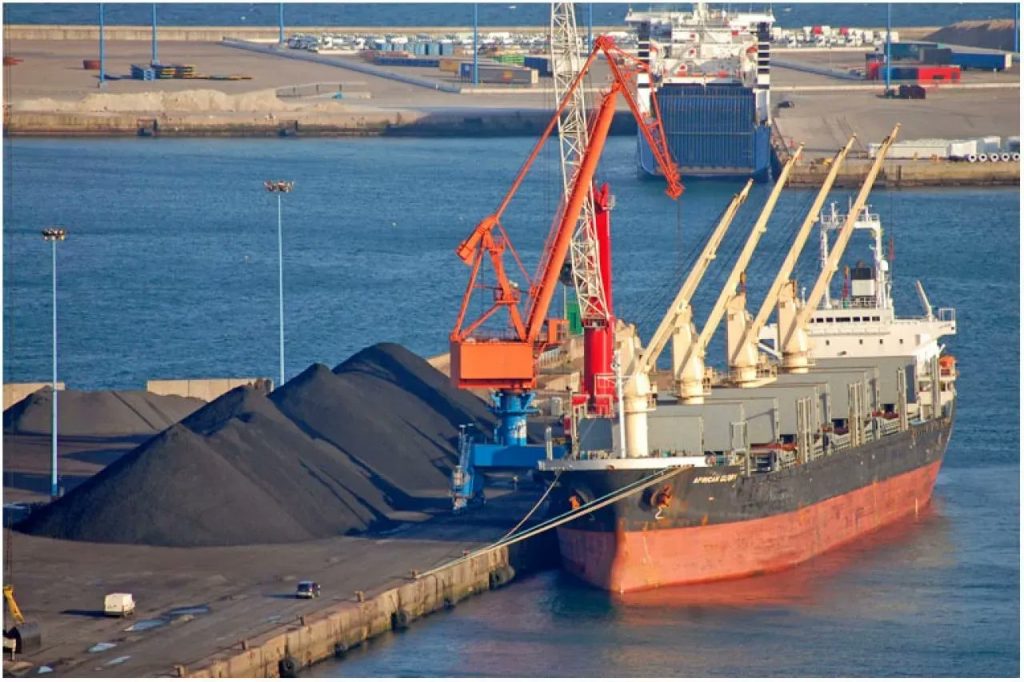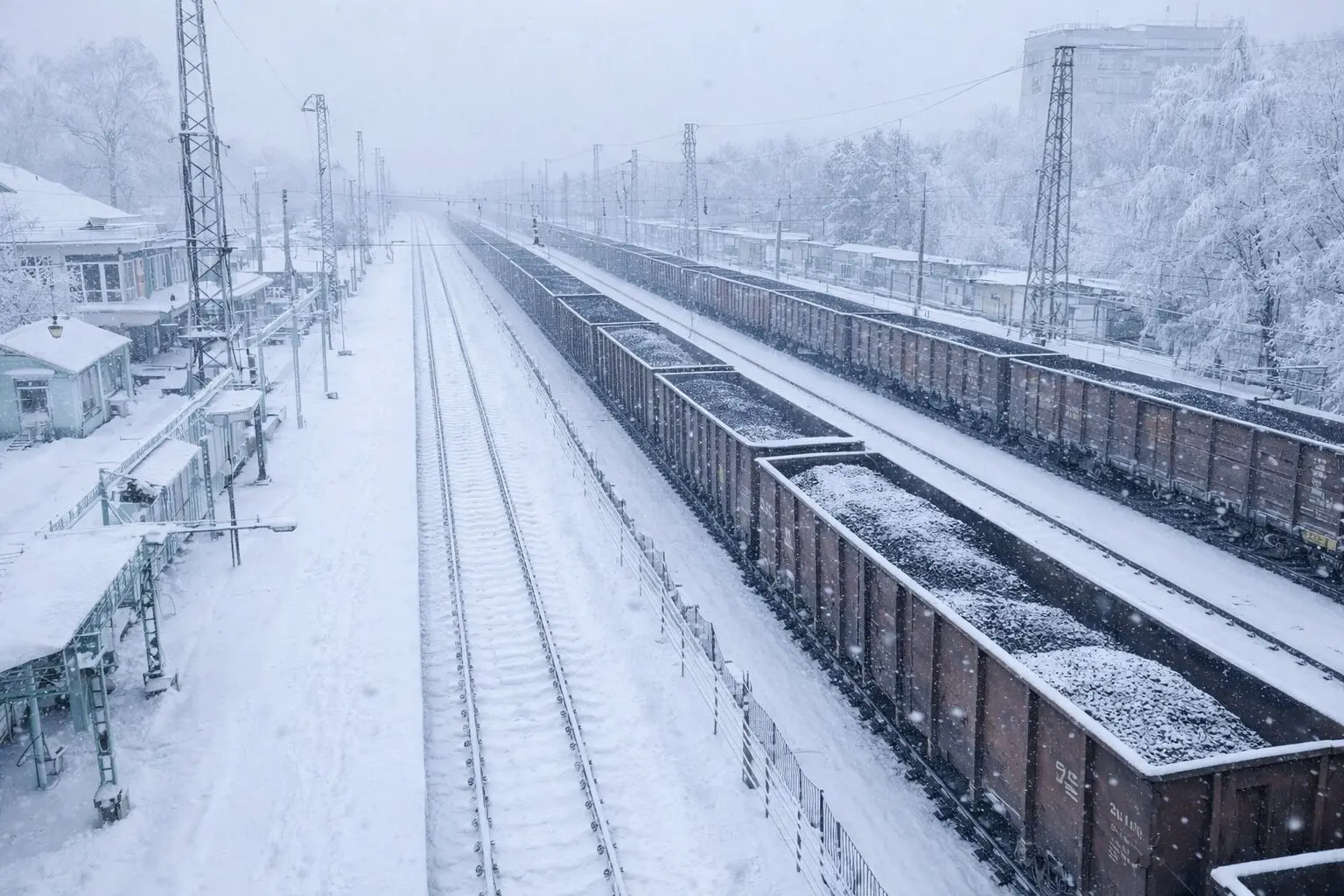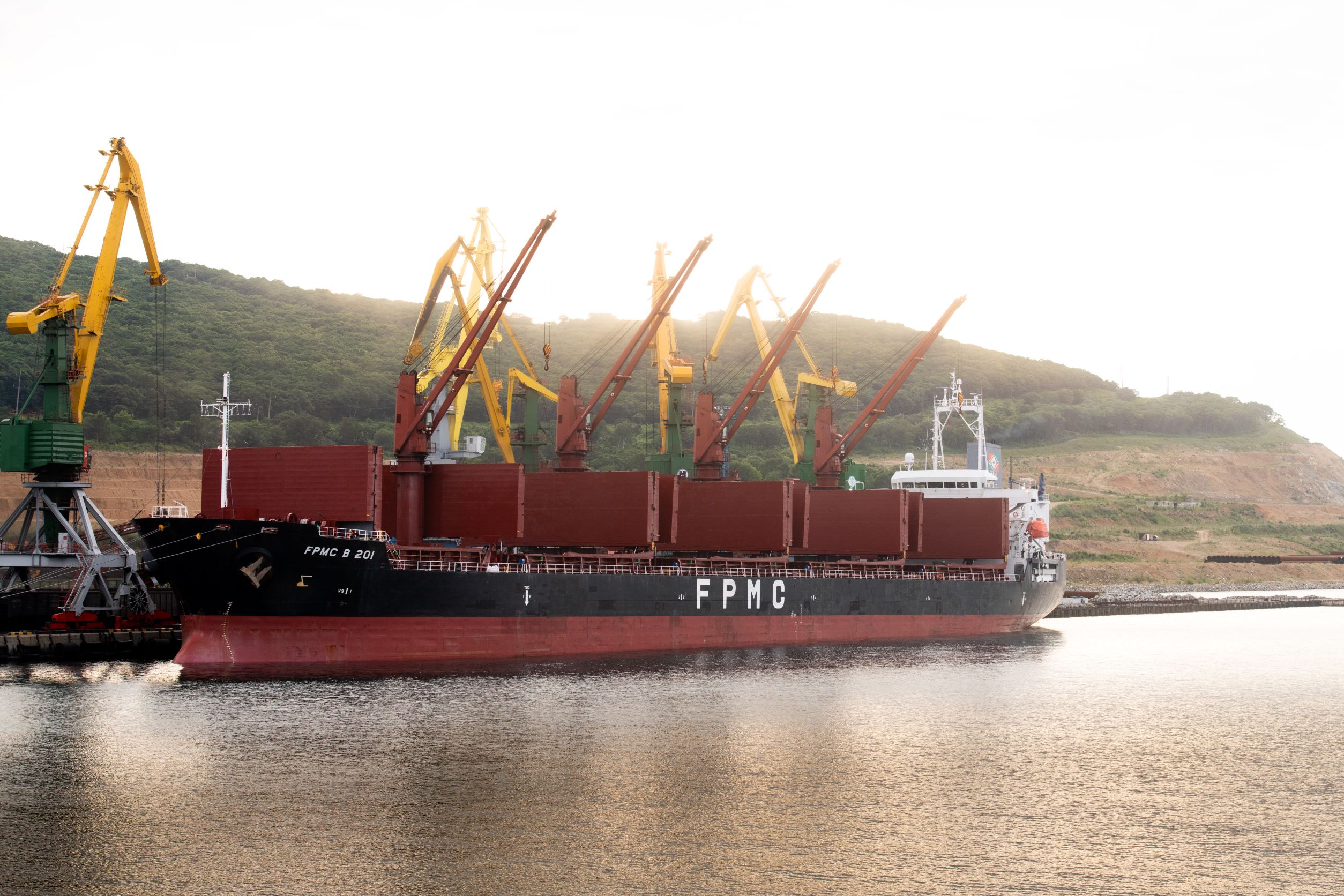

The European Union’s proposed ban on Russian coal imports is expected to take full effect a month later than initially planned due to pressure from Germany, two EU sources were quoted by Reuters as saying.
According to the initial plan, the EU set a 90-day transition before a complete ban on Russian coal, but the period has been extended to four months, Reuters said.
That followed pressure mostly from Germany, although the report didn’t elaborate.
Germany is heavily reliant on Russia’s energy products such as coal, oil and gas. Germany bought 21.5% of its coal from Russia in 2020. That number rose to 35.2% for oil imports and to 58.9% for natural gas, according to data from the European statistics office.
European Commission President Ursula von der Leyen said this week that an EU import ban on Russian coal would cost Russia 4 billion euros ($4.4 billion) a year.
The region is heavily reliant on Russia’s oil and natural gas, although it is less dependent on coal imports – a key reason why this is the first energy sanction the EU has proposed.
Over 19% of the EU’s coal imports came from Russia in 2020, according to official European statistics. In contrast, 36.5% of its oil imports were from Russia and a whopping 41.1% of its gas imports.
Source: Sxcoal













